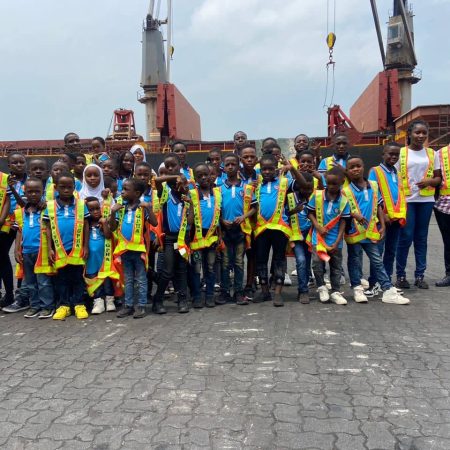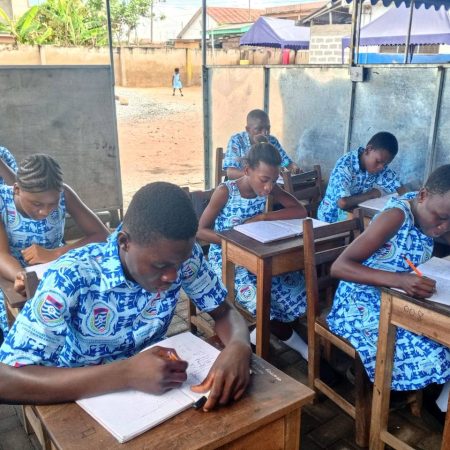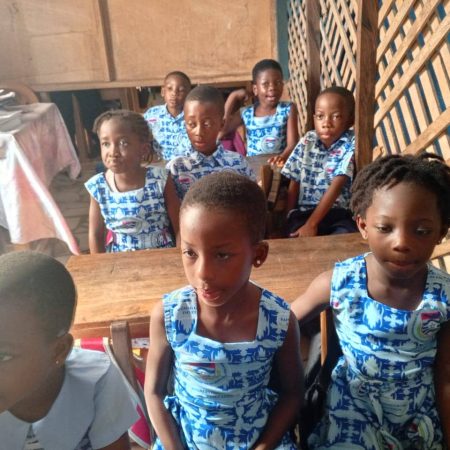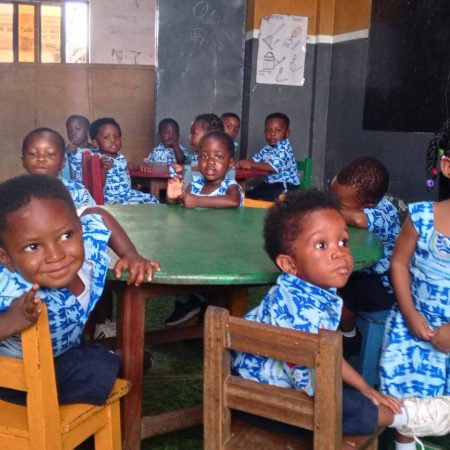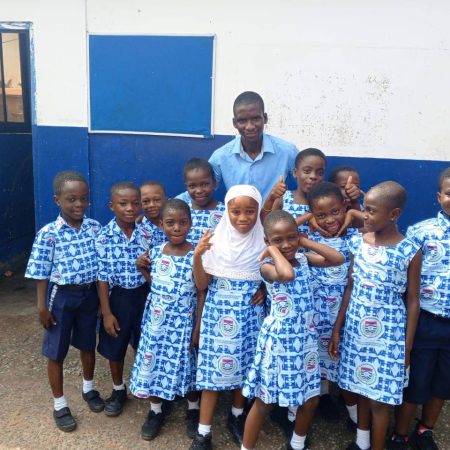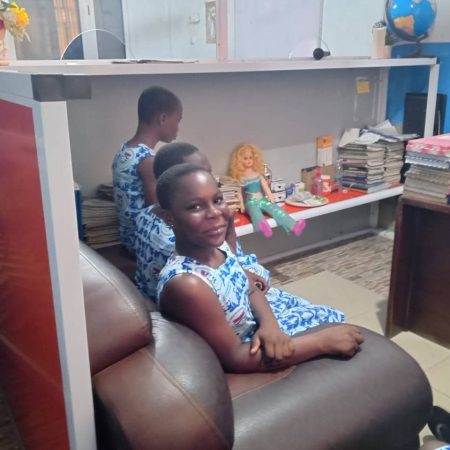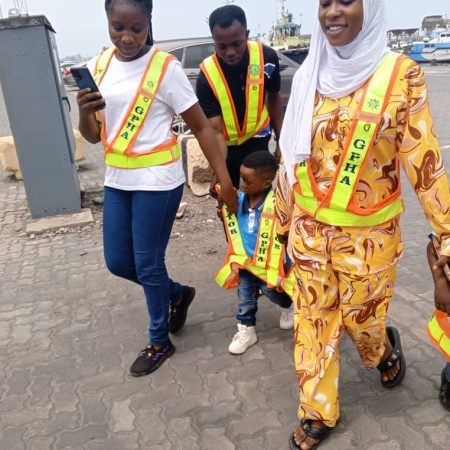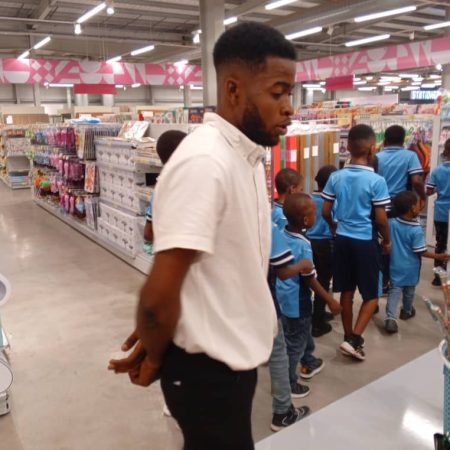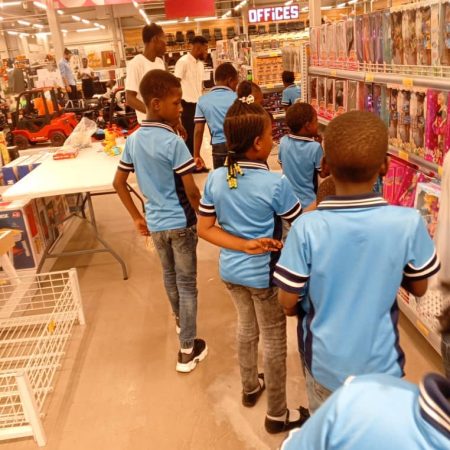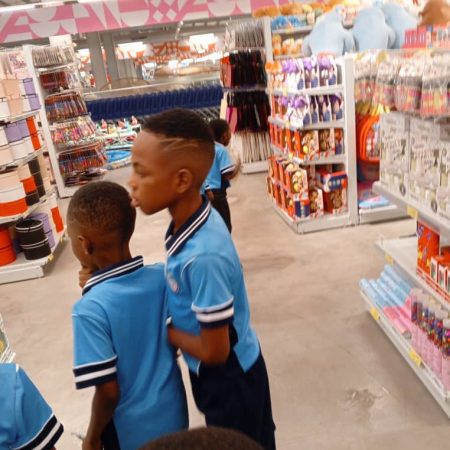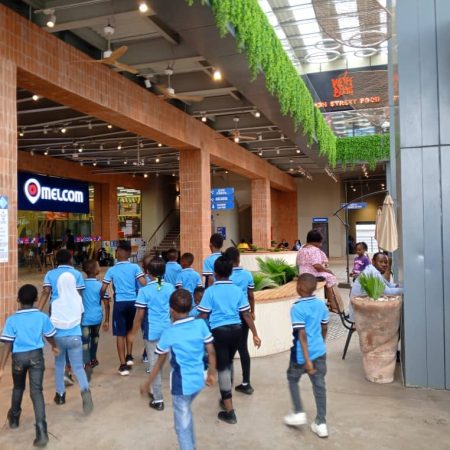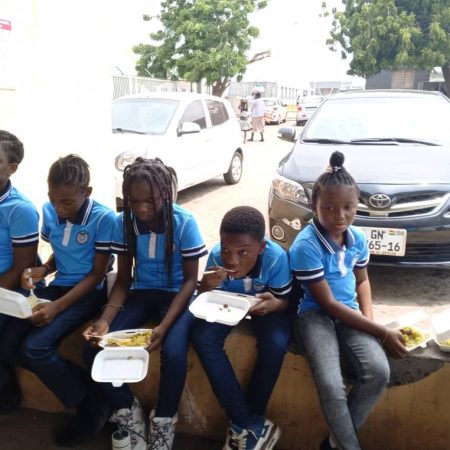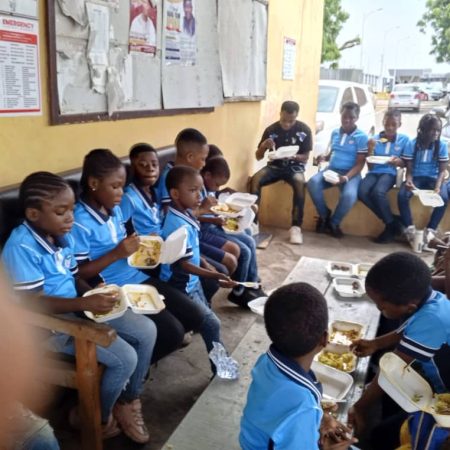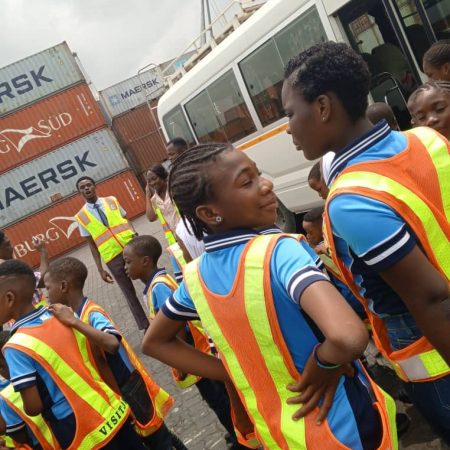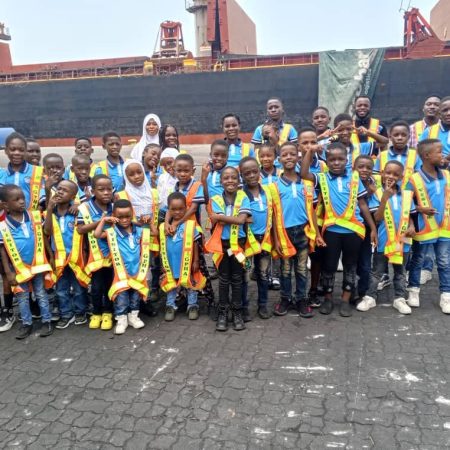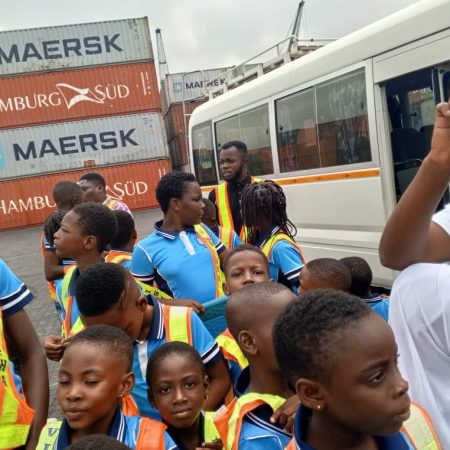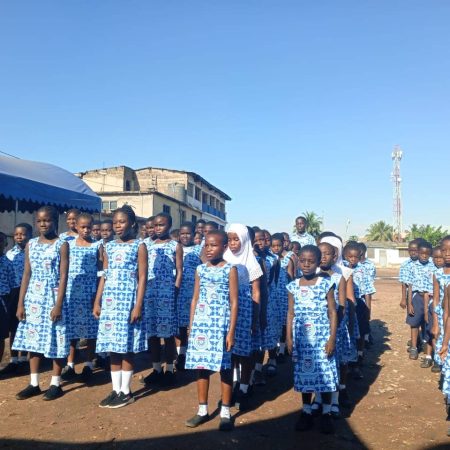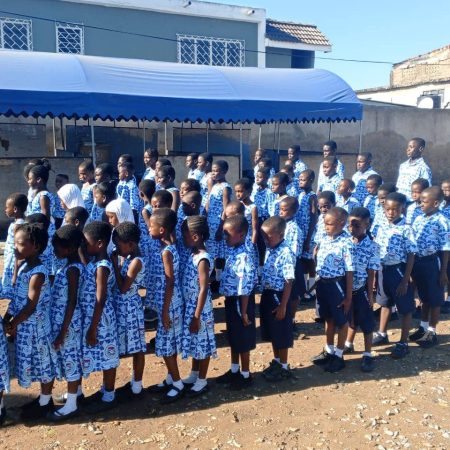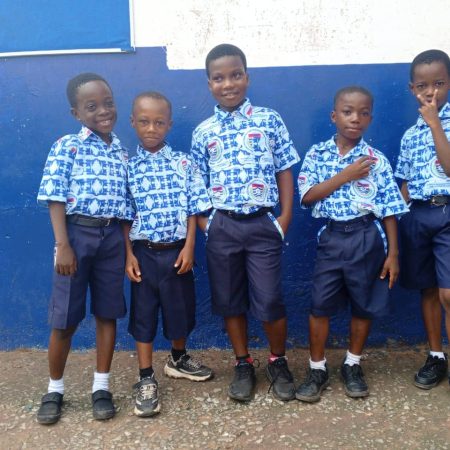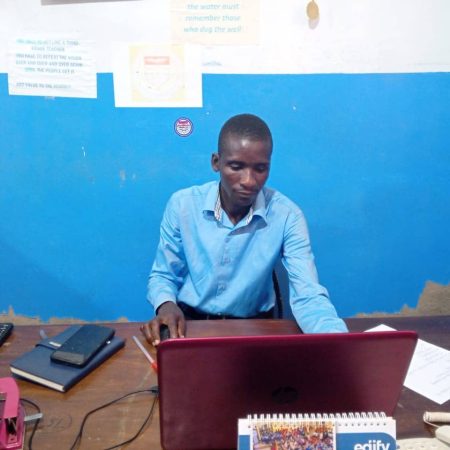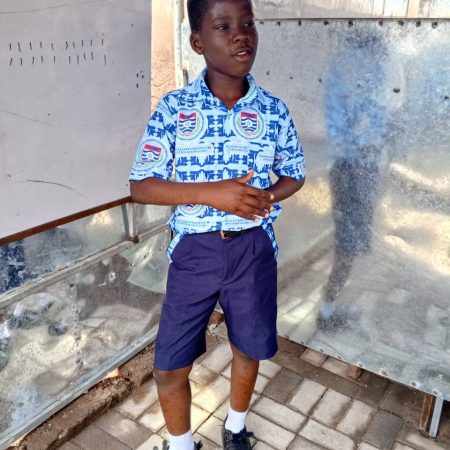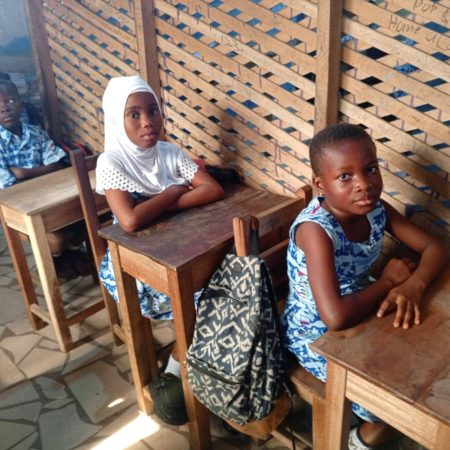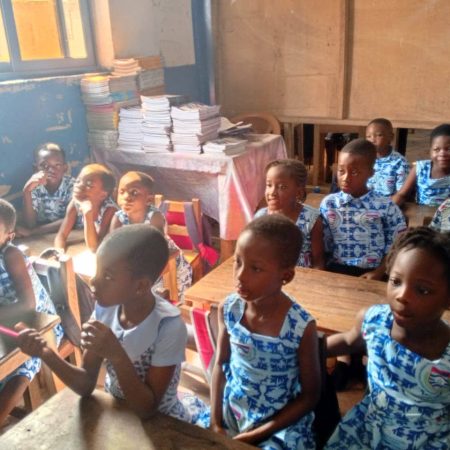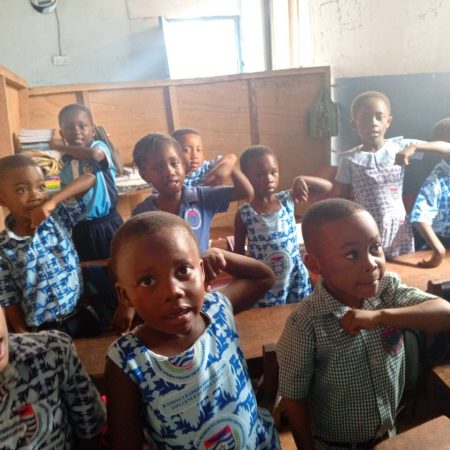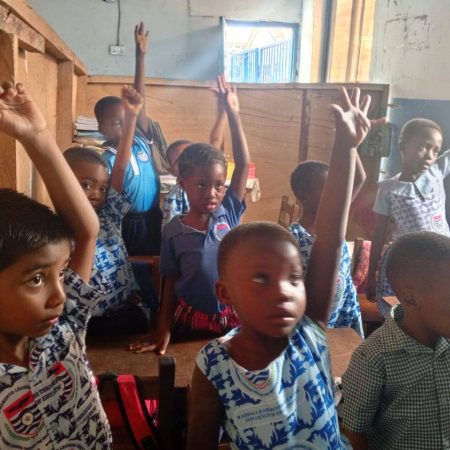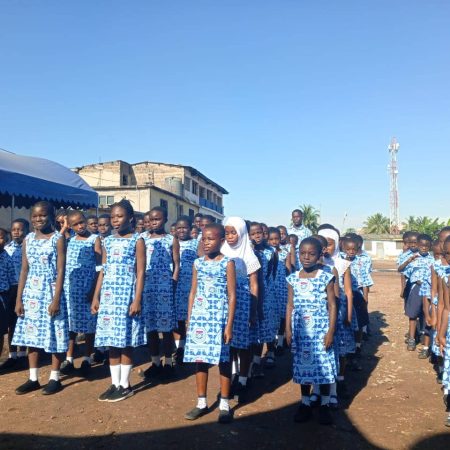Our Teaching Philosophy
At Great All Roberto Learning Center, we are committed to providing a child-centred, innovative, and inclusive learning environment that fosters holistic development through play-based education, creativity, and personalised support.
CHILD-CENTRED CURRICULUM
Play-Based Learning: Incorporating play-based learning encourages exploration, creativity, and problem-solving skills. Play is crucial for cognitive and emotional development in early childhood.
Integrated STEAM Education: Introducing Science, Technology, Engineering, Arts, and Mathematics (STEAM) concepts in simple, age-appropriate ways fosters curiosity and a love for learning.
HIGHLY TRAINED EDUCATORS
Teacher-Student Relationships: Hiring experienced and empathetic educators trained in early childhood development ensures that each child’s individual needs are met.
Ongoing Professional Development: Encouraging teachers to continually enhance their skills through workshops, seminars, and certifications helps them stay up-to-date with the latest educational practices.
INCLUSIVE AND SAFE ENVIRONMENT
Diversity and Inclusion: Creating an environment that celebrates diversity in culture, abilities, and learning styles ensures that every child feels valued and respected.
Safety and Well-being: Focusing on both physical safety (well-maintained facilities, proper hygiene) and emotional well-being (emotional support, fostering a sense of belonging) is essential for a nurturing learning environment.
PARENT ENGAGEMENT
Parent-School Communication: Maintaining transparent and open communication with parents through regular updates, parent-teacher meetings, and digital communication platforms builds trust and a sense of community.
Family Involvement in Activities: Organising family days, parent workshops, and collaborative activities fosters a strong connection between the school and the family unit.
HOLISTIC DEVELOPMENT APPROACH
Focus on Social and Emotional Skills: Teaching empathy, cooperation, and problem-solving from a young age is essential for children’s social development.
Physical Activity and Outdoor Play: Providing ample opportunities for outdoor play and physical activities supports motor skills and promotes a healthy lifestyle.
USE OF TECHNOLOGY AND INNOVATION
Digital Tools for Learning: Carefully integrating technology into the curriculum, such as educational apps or interactive boards, can complement traditional learning methods and make the classroom experience more engaging.
Online Platforms for Parents: Utilising online portals where parents can track their child’s progress and stay informed creates a stronger partnership between the school and families.
FOCUS ON CREATIVITY AND THE ARTS
Art and Music Programmes: Encouraging children to engage in artistic activities helps develop their imagination, fine motor skills, and self-expression.
Project-Based Learning: Introducing project-based activities where children can create and present their ideas promotes critical thinking and collaboration.
FLEXIBLE AND ADAPTIVE LEARNING SPACES
Learning Beyond the Classroom: Using varied environments, such as sensory rooms, reading corners, and outdoor classrooms, stimulates different types of learning and discovery.
Flexible Seating and Grouping: Offering different seating options (such as floor cushions and group tables) allows children to feel comfortable and encourages teamwork.
FOCUS ON HEALTH AND NUTRITION
Balanced Meals and Nutrition Education: Providing nutritious meals and snacks, along with teaching children about healthy eating habits, ensures their physical well-being and sets the foundation for lifelong healthy habits.
Mental and Emotional Well-being Programmes: Offering activities such as yoga, mindfulness, or relaxation techniques helps children manage stress and develop emotional resilience.
CUSTOMISED LEARNING PATHWAYS
Individual Learning Plans: Tailoring education to the specific needs and abilities of each child ensures that everyone progresses at their own pace while receiving the support they need.
Special Needs Support: Offering inclusive education and support for children with special needs enables them to fully participate in the school community.
